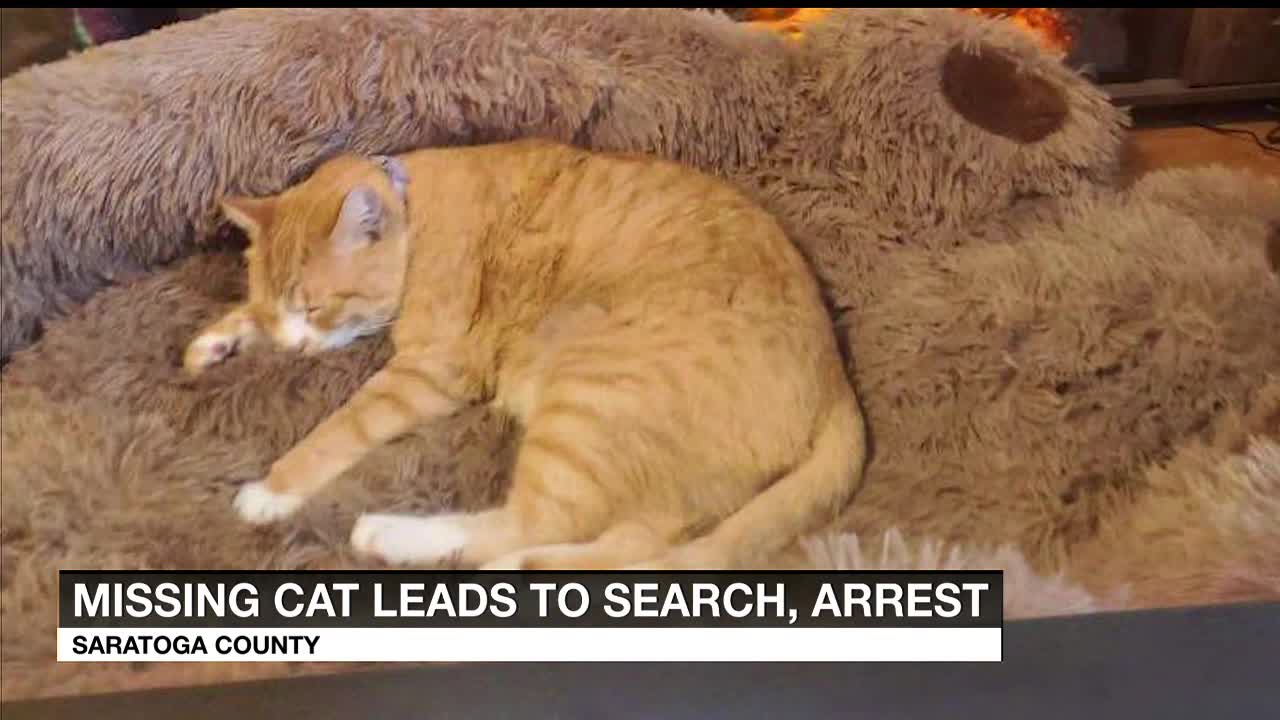Are you worried about your missing cat in Yellowstone? This guide covers everything you need to know about finding your beloved pet in the beautiful yet vast landscape of Yellowstone National Park. With the stunning scenery and diverse wildlife, it's easy for a curious cat to wander off and get lost. In this article, we’ll provide useful tips, resources, and insights to help you navigate this challenging situation.
Yellowstone National Park is known for its breathtaking natural wonders, but it can also pose challenges for pet owners. Whether you're a local resident or a visitor, losing a pet in such a vast area can be distressing. This guide will not only help you understand the best steps to take immediately after discovering your cat is missing, but it will also provide long-term strategies for prevention and safety.
In the following sections, we will discuss the importance of quick action, effective search techniques, and ways to utilize community resources. Our aim is to equip you with the knowledge and tools necessary to increase the chances of a successful reunion with your furry family member.
Table of Contents
- 1. Importance of Quick Action
- 2. Understanding Yellowstone's Environment
- 3. Effective Search Techniques
- 4. Utilizing Community Resources
- 5. Prevention Tips for Future Safety
- 6. Personal Stories of Lost Cats
- 7. What to Do If Your Cat is Found
- 8. Conclusion
1. Importance of Quick Action
When you realize your cat is missing, the first 24 hours are crucial. Here’s why:
- Increased Chances of Recovery: Cats are naturally inclined to hide, making it essential to start searching as soon as you notice they are missing.
- Familiarity with Surroundings: Your cat may still be within the vicinity, and your presence can encourage them to return.
- Community Awareness: The more people who know your cat is missing, the higher the likelihood that someone will spot them.
2. Understanding Yellowstone's Environment
Yellowstone National Park is a unique ecosystem with a variety of habitats. Understanding this environment can help you locate your missing cat.
2.1 Diverse Habitats
The park features forests, lakes, rivers, and geothermal areas. Each of these ecosystems presents different challenges and opportunities for a wandering cat.
2.2 Wildlife Concerns
Yellowstone is home to many wild animals that can pose risks to pets. It's important to be aware of potential dangers your cat might face, including:
- Predators like coyotes and bears
- Traffic on park roads
- Exposure to extreme weather conditions
3. Effective Search Techniques
Finding a missing cat requires a systematic approach. Here are some effective strategies:
3.1 Search Your Immediate Area
Start close to where your cat was last seen. Here’s how:
- Check under bushes, in garages, and around sheds
- Call your cat's name and listen for any sounds
- Leave familiar scents, such as bedding or your worn clothing, to attract them
3.2 Expand Your Search
If your initial search does not yield results, consider broadening your search area:
- Visit local parks and trails
- Ask neighbors if they’ve seen your cat
- Utilize social media and community boards to spread the word
4. Utilizing Community Resources
Many resources are available to assist you in your search for a missing cat:
4.1 Local Animal Shelters
Contact local animal shelters and rescue groups. They often have lost and found programs and can provide additional guidance.
4.2 Online Platforms
Utilize online platforms such as:
- Facebook groups dedicated to lost pets
- Websites like Petfinder and LostMyCat.com
- Nextdoor app to alert your neighborhood
5. Prevention Tips for Future Safety
Once your cat is found or if you want to prevent future occurrences, consider these tips:
5.1 Identification Tags
Ensure your cat wears a collar with an ID tag that includes your contact information.
5.2 Microchipping
Consider microchipping your cat as a permanent form of identification. This can greatly increase the chances of recovery if your pet goes missing.
6. Personal Stories of Lost Cats
Reading about others’ experiences can offer hope and inspiration. Here are a few stories:
- A family whose cat was found after 10 days thanks to a neighbor’s vigilance.
- A story of a cat that returned home after being missing for weeks, highlighting the importance of community support.
7. What to Do If Your Cat is Found
If you are fortunate enough to find your cat, here are the steps to take:
- Check for any injuries and take them to a vet if necessary.
- Update any identification information.
- Consider keeping them indoors for a while to prevent future escapes.
8. Conclusion
In conclusion, losing a cat in Yellowstone can be a distressing experience, but quick action, effective search strategies, and community resources can significantly improve your chances of recovery. Remember to take preventive measures in the future to keep your feline friend safe. If you found this guide helpful, please leave a comment, share it with others, or check out our other articles for more pet care tips.
We hope you find your missing cat soon, and remember that every effort counts in bringing your beloved pet back home!
Article Recommendations
- Did Eazy Es Wife Die
- Starbucks And The Stanley Cup A Perfect Blend Of Coffee And Sports
- King Von Autopsy Results


